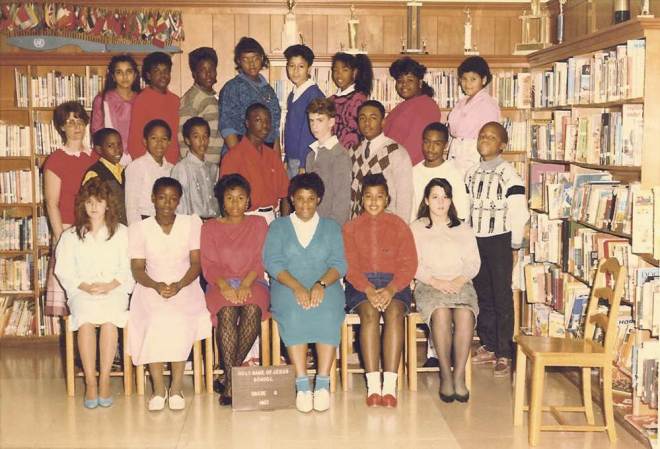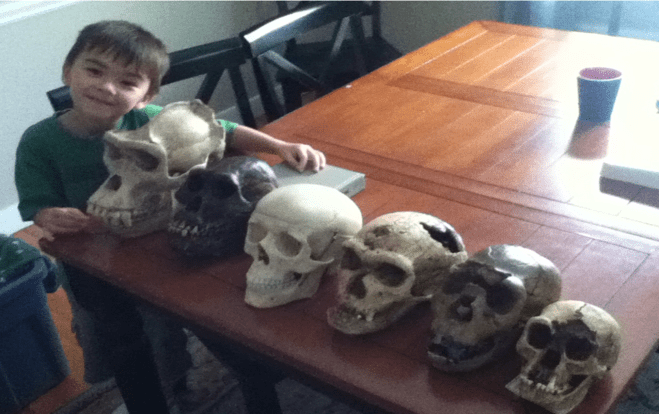I taught my first undergraduate anthropology class seventeen years ago, which is sometimes hard for me to believe. In that time, I’ve had over two thousand students enrolled in my courses, many of whom have left an impression on me. I hope I make a good impression on them too, though sometimes I have my doubts. A few years ago, a student asked me what my name was as they started to fill out the line after “Instructor” on the front page of their exam blue book. That was about halfway into the semester. You can’t reach them all, I suppose.
During my fourth year of teaching “Introduction to Biological Anthropology,” we got about two-thirds into the semester, and I paused to take the class’ pulse on how things were going. I asked them if they had any general thoughts about the class, such as what ideas they found interesting (or not), things they wished we could discussed more in depth, etc. I have since forgotten most of the students’ comments, except for one.
I remember that he wasn’t exactly the best student, and that he had struggled with most of the graded assignments. Nonetheless, I still learned something from him that day. He told the class that he thought evolution was an interesting idea, but he was skeptical about it applying to humans because, as he said, “Well, I’ve never seen a Chinese monkey.” This all occurred a long time ago, but I remember that at first I was puzzled by what he meant. And then it clicked.





